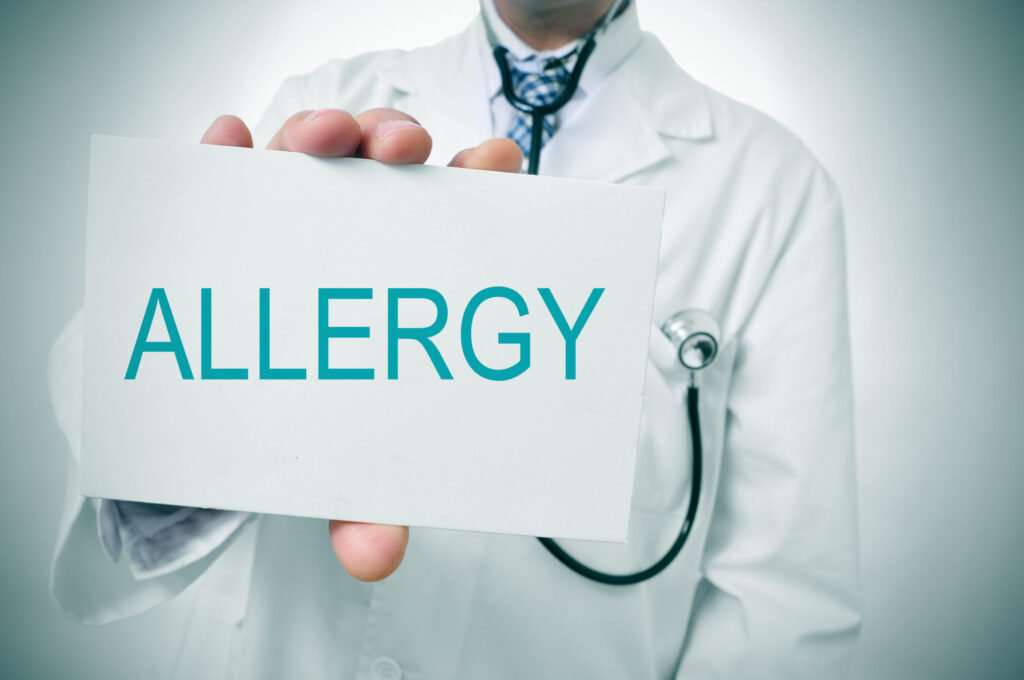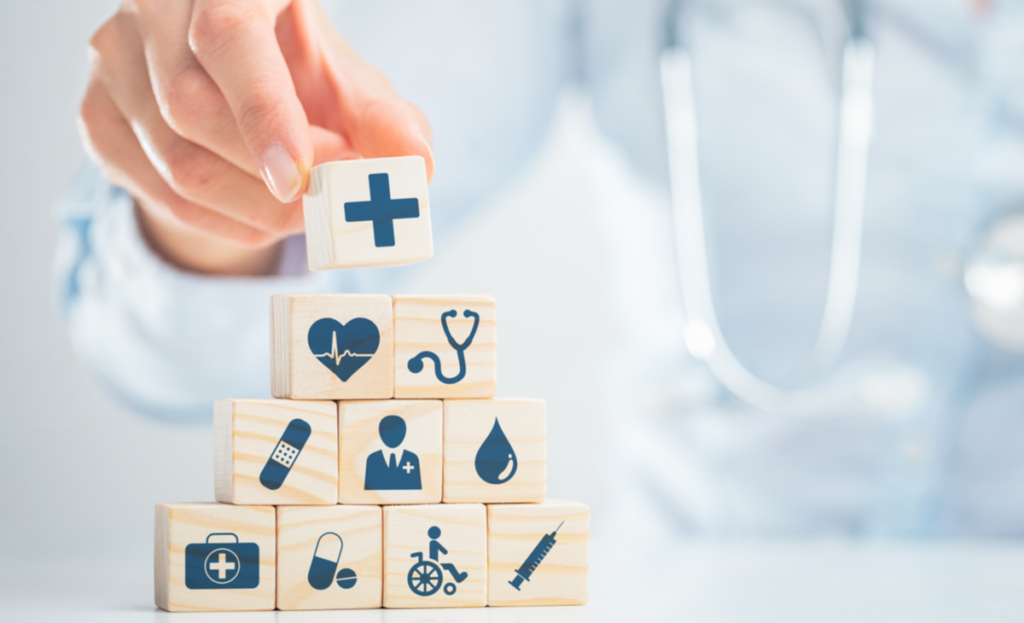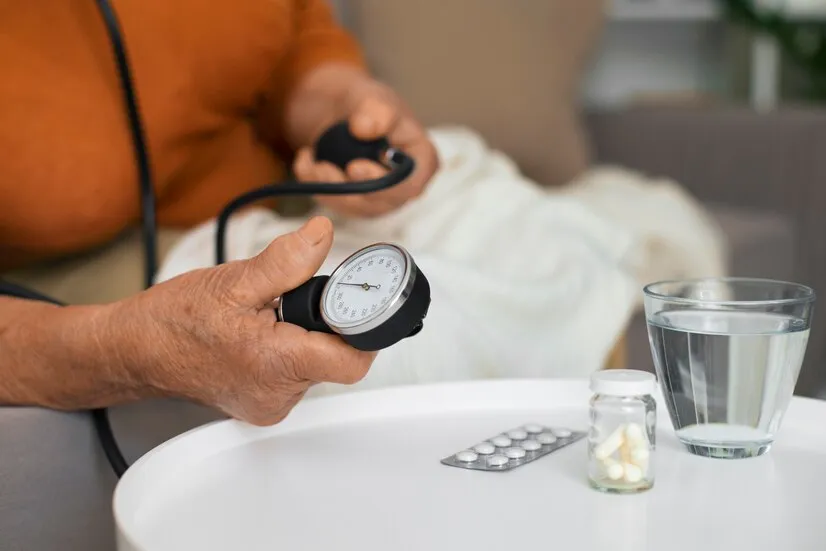Allergic reactions can range from mild irritation to life-threatening emergencies. Recognizing the signs of anaphylaxis and knowing when to seek emergency allergy care in NYC can save lives. LOCAL MD provides rapid, expert treatment for severe allergic reactions in Queens and Brooklyn. If you or a loved one experience symptoms of anaphylaxis, call us immediately at Queens: (718) 307-1577 | Brooklyn: (718) 475-0065.
What is Anaphylaxis?
Anaphylaxis is a severe, potentially fatal allergic reaction that requires immediate medical intervention. It occurs when the immune system overreacts to an allergen, releasing chemicals that cause widespread inflammation and breathing difficulties. Without prompt treatment, anaphylaxis can quickly become life-threatening.
Causes of Anaphylaxis
- Food allergies – Some of the most common allergens include peanuts, tree nuts, shellfish, dairy, eggs, and soy.
- Medications – Certain antibiotics, aspirin, NSAIDs, and anesthesia drugs can trigger severe allergic reactions.
- Insect stings – Bee, wasp, hornet, and fire ant stings can cause anaphylactic shock.
- Latex – Found in gloves, balloons, and medical supplies, latex allergies can result in severe reactions.
- Exercise-induced anaphylaxis – In rare cases, strenuous physical activity can trigger a reaction.
- Unknown triggers – Some people develop anaphylaxis without an identifiable cause, a condition known as idiopathic anaphylaxis.
Recognizing the Symptoms of Anaphylaxis
Anaphylaxis symptoms typically appear within minutes of exposure to an allergen but can take up to an hour in some cases. Recognizing these symptoms early is crucial for effective treatment.
Early Symptoms
- Skin reactions such as itching, flushing, or hives
- Swelling of the lips, tongue, or throat
- Nausea, vomiting, or stomach pain
- A feeling of impending doom
Severe Symptoms
- Difficulty breathing or wheezing
- Swelling of the throat that causes trouble swallowing
- Sudden drop in blood pressure, leading to dizziness or fainting
- Rapid or weak pulse
- Loss of consciousness
How to Respond to an Allergic Emergency
Immediate Steps to Take
- Administer Epinephrine (EpiPen) – Epinephrine is the first-line treatment for anaphylaxis and should be given at the first sign of a severe allergic reaction.
- Call 911 Immediately – Even if symptoms improve, anaphylaxis can return, so emergency medical attention is required.
- Keep the Person Lying Down – This helps maintain stable blood pressure and prevents shock.
- Monitor Breathing and Provide CPR if Necessary – If the person stops breathing, begin CPR until medical professionals arrive.
- Seek Emergency Medical Care – Head to LOCAL MD in Queens or Brooklyn for professional treatment.
Emergency Allergy Care in NYC
LOCAL MD provides rapid-response emergency care for anaphylaxis at two convenient locations:
- Queens Location: (718) 307-1577
- Brooklyn Location: (718) 475-0065
Treatment Options for Anaphylaxis
- Epinephrine Injection – The primary and most effective treatment for anaphylaxis.
- Oxygen Therapy – Helps patients with breathing difficulties recover.
- Antihistamines & Steroids – Reduce inflammation and prevent recurrence of symptoms.
- IV Fluids & Blood Pressure Support – Maintain stable circulation.
When to Visit an Emergency Care Center
- Symptoms involve breathing difficulty, swelling, or fainting.
- You experience a reaction after exposure to a known allergen.
- You have used an EpiPen, as additional treatment is necessary.
Preventing Severe Allergic Reactions
- Know Your Triggers – Undergo allergy testing and learn what allergens to avoid.
- Always Carry an EpiPen – If you have a history of anaphylaxis, this can be lifesaving.
- Inform Those Around You – Teach family, friends, and coworkers about your allergy.
- Wear a Medical Alert Bracelet – Provides crucial information in an emergency.
Living with Severe Allergies
Managing life with severe allergies requires planning and precaution. Schools and workplaces should be made aware of allergies, and emergency medication should be easily accessible.
FAQs
- What should I do if I don’t have an EpiPen during an allergic reaction? Call 911 immediately and seek emergency care at LOCAL MD.
- How long does it take for anaphylaxis to occur after exposure to an allergen? Symptoms can develop within minutes to an hour after exposure.
- Can you survive anaphylaxis without treatment? Anaphylaxis can be fatal without medical intervention. Always seek emergency care.
- How long should I stay in the hospital after an anaphylactic reaction? Doctors typically monitor patients for 4-6 hours in case of a biphasic reaction (a second wave of symptoms).
- Can anaphylaxis occur even if I’ve never had allergies before? Yes. Some people develop severe allergic reactions suddenly despite no prior history.
- What is the best way to prevent anaphylaxis? Avoid allergens, carry emergency medication, and educate those around you about your condition.
Conclusion
Anaphylaxis is a medical emergency that requires immediate treatment. If you experience severe allergy symptoms, seek emergency care at LOCAL MD in Queens or Brooklyn.
📞 Contact LOCAL MD Now:
- Queens: (718) 307-1577
- Brooklyn: (718) 475-0065






